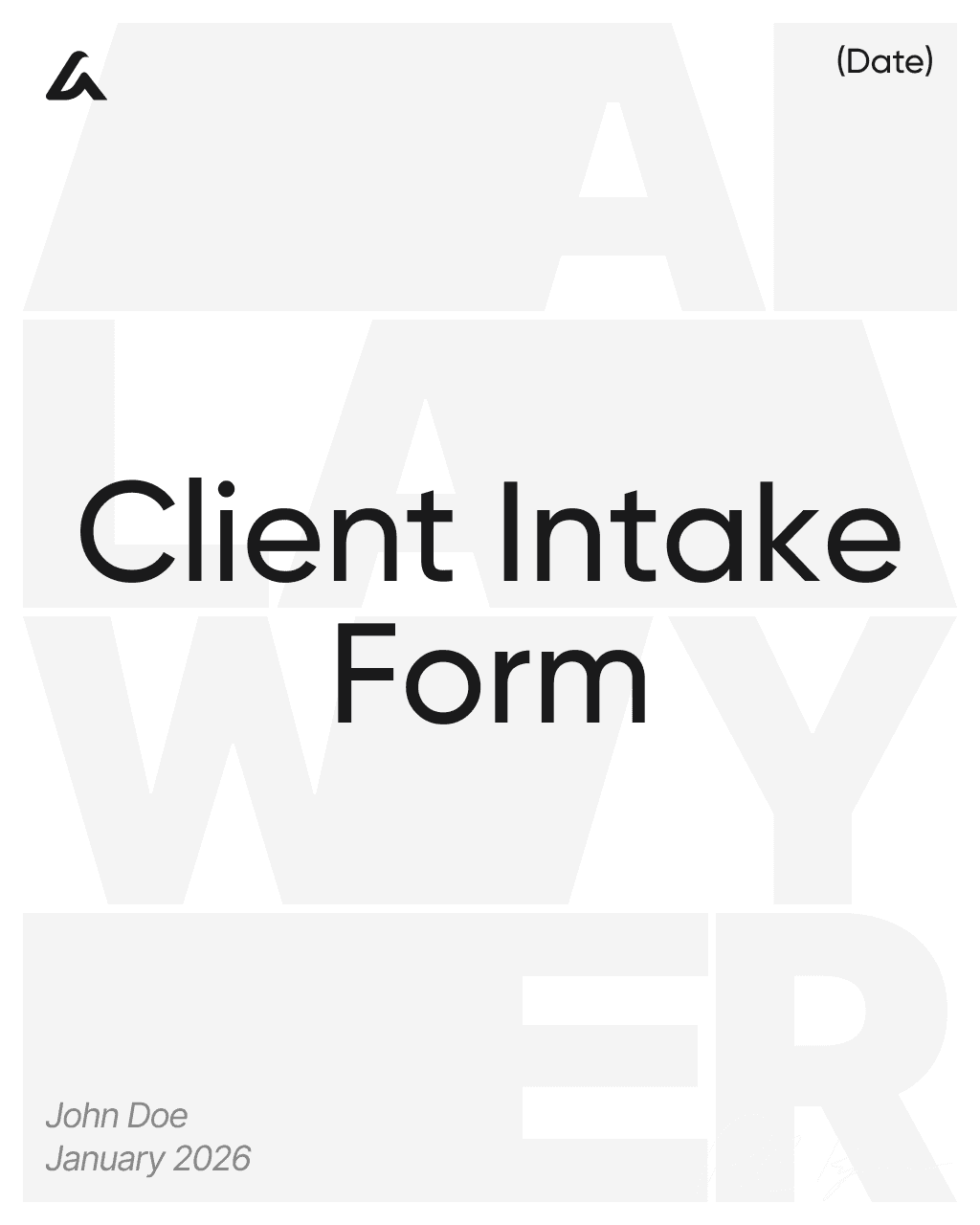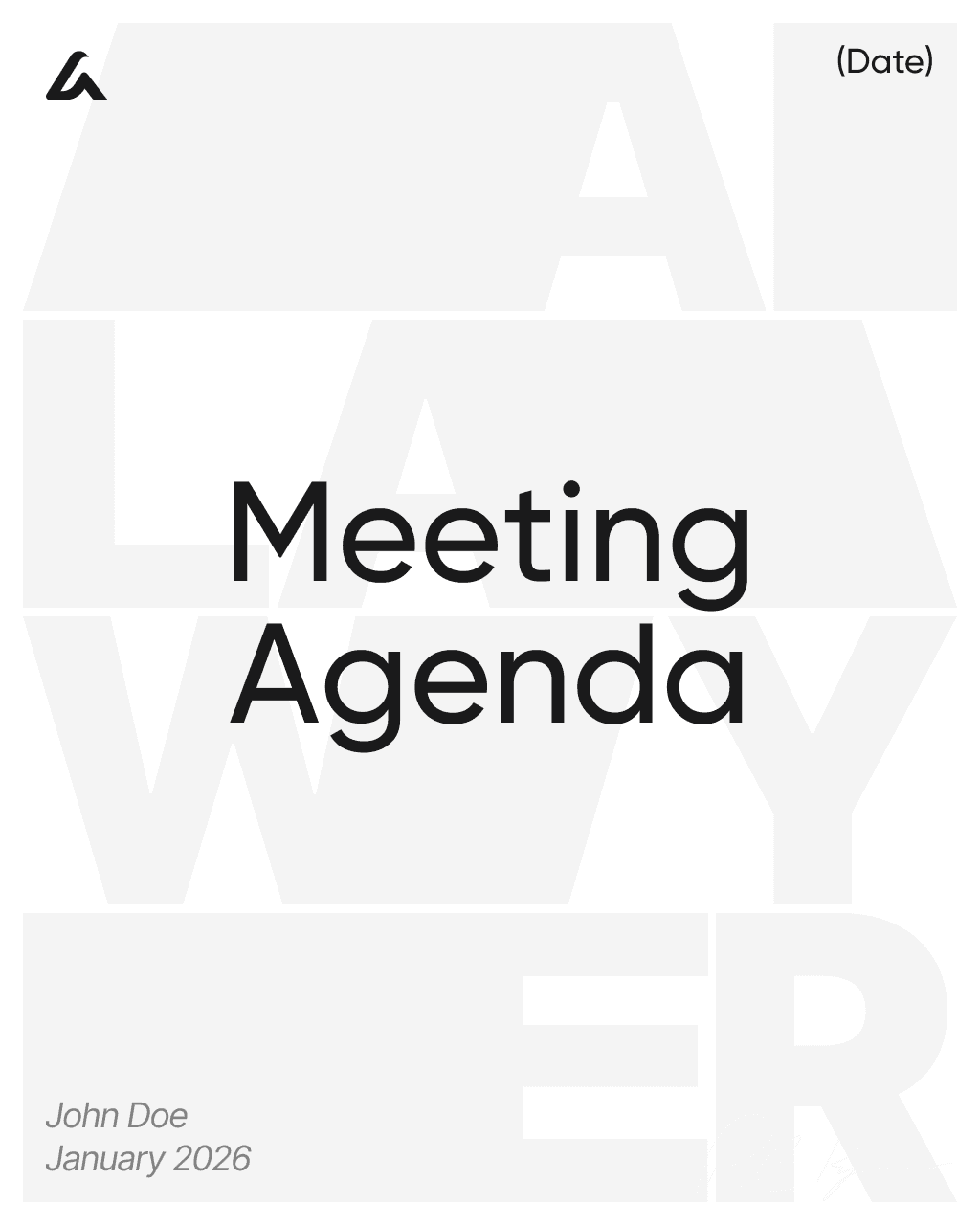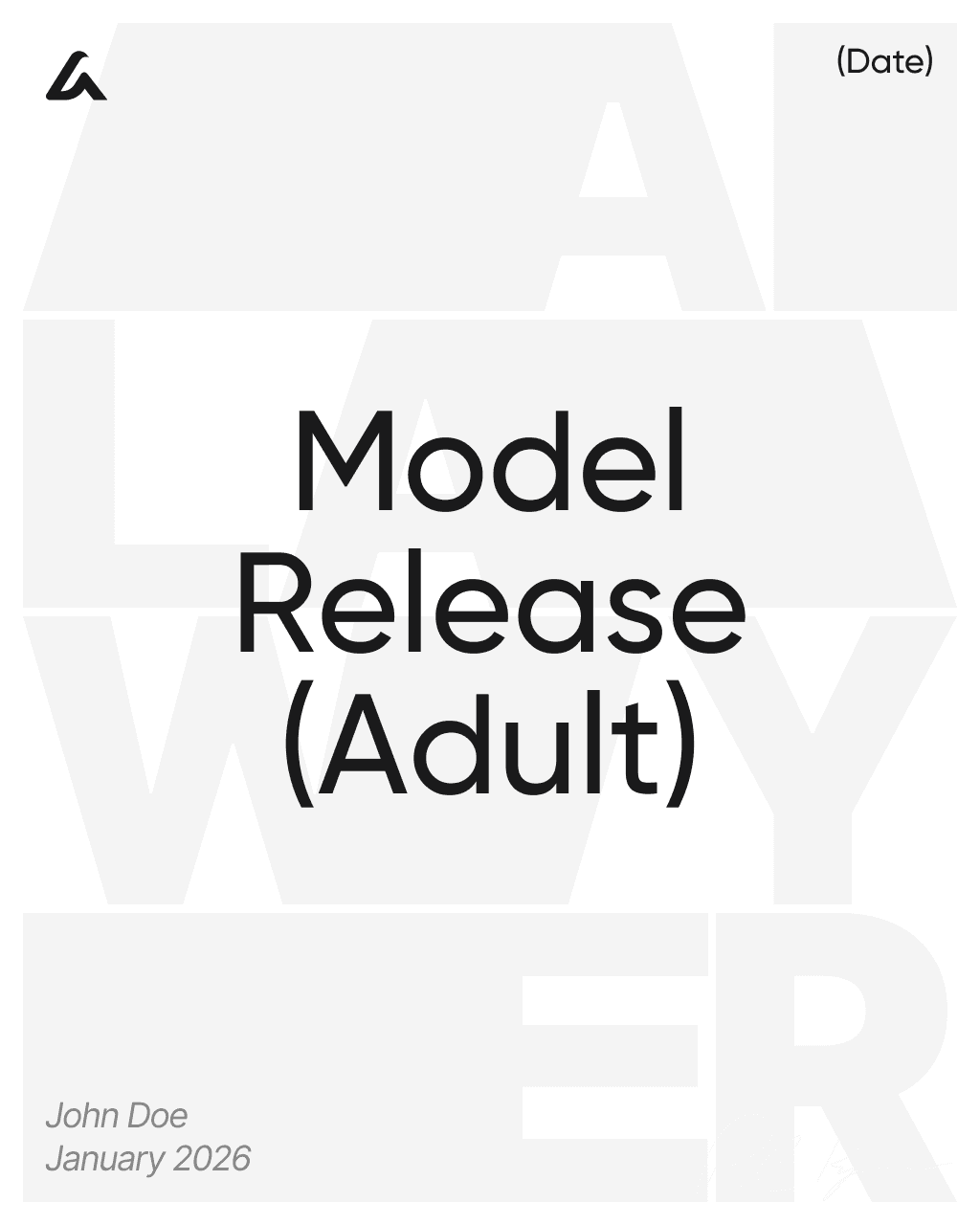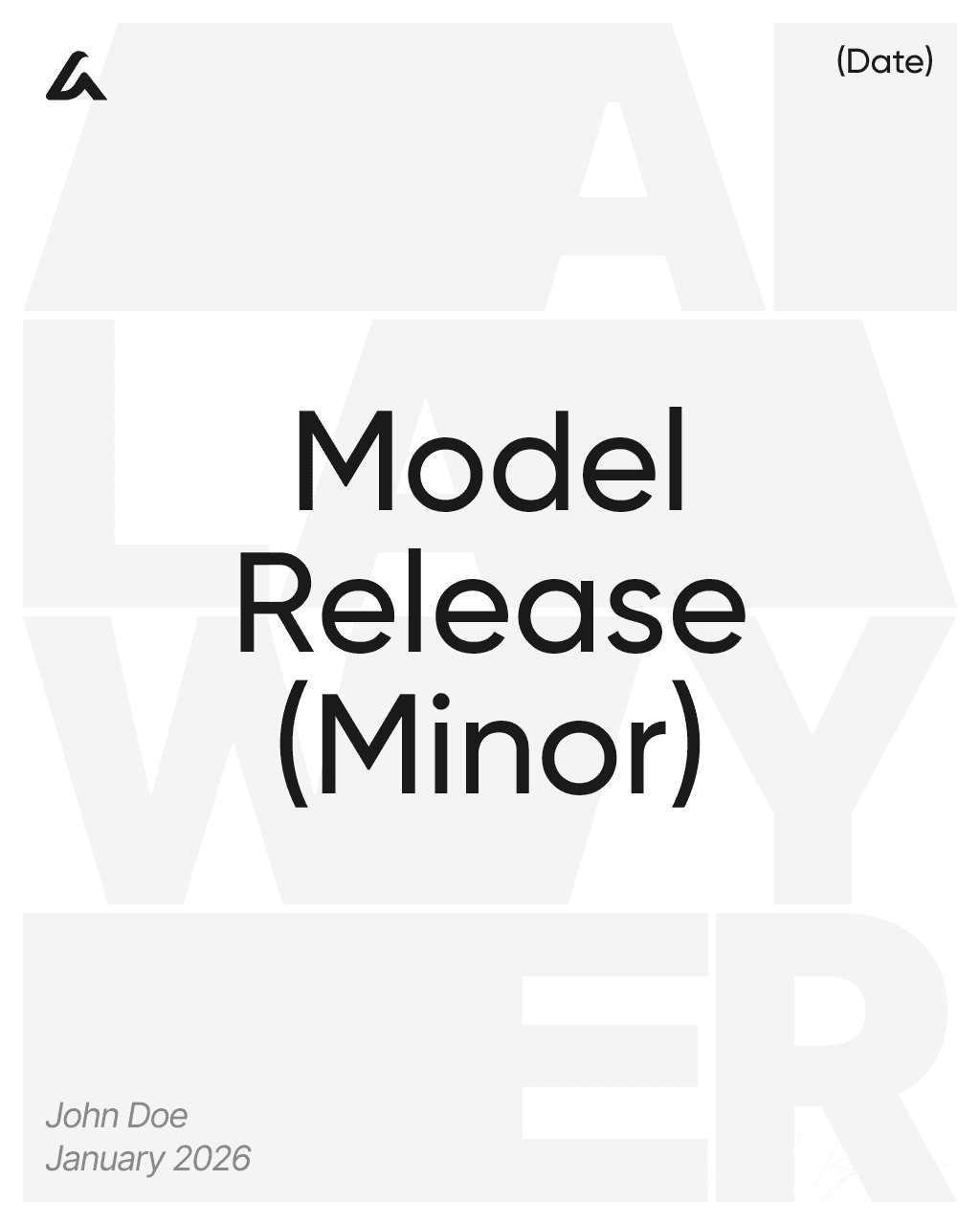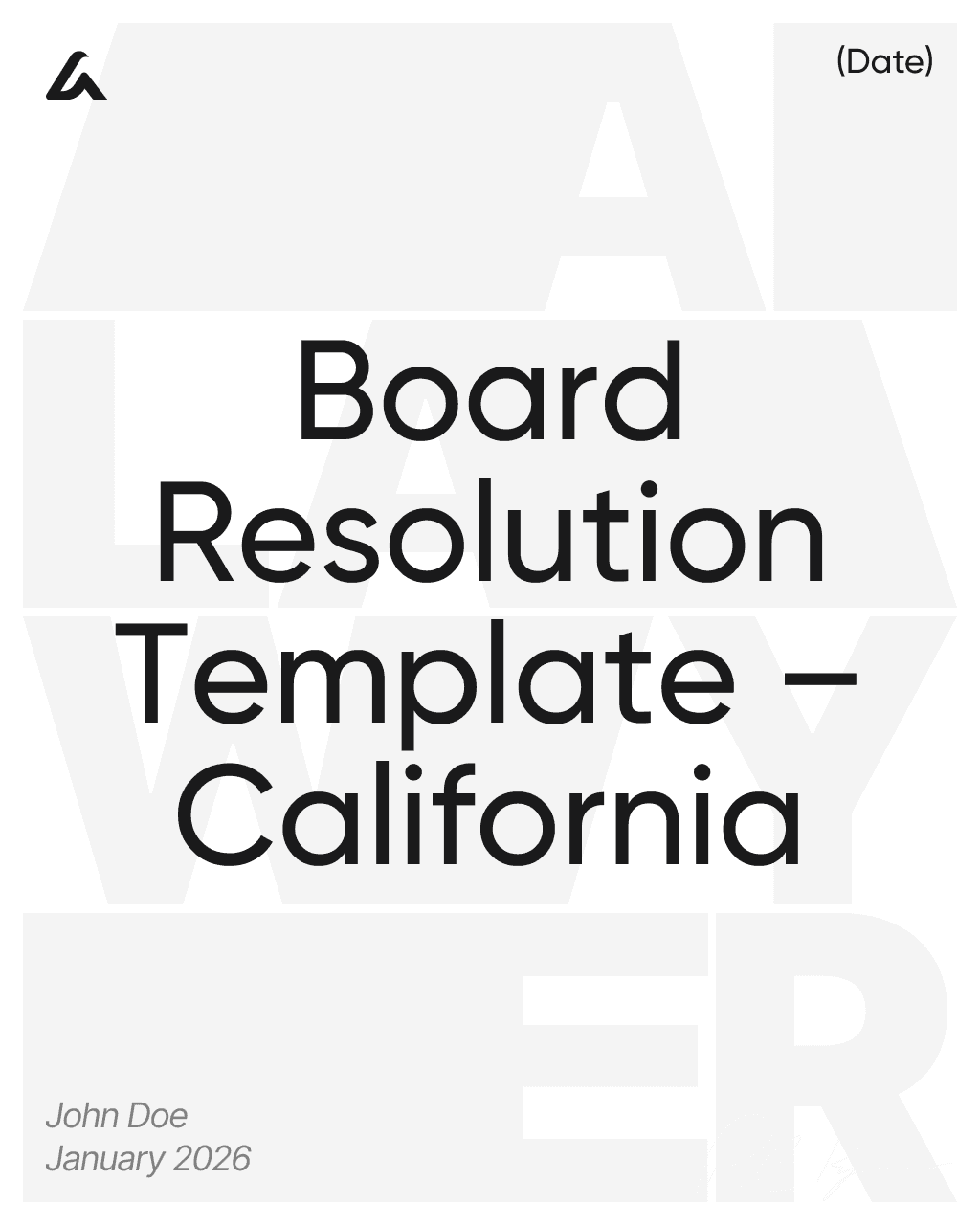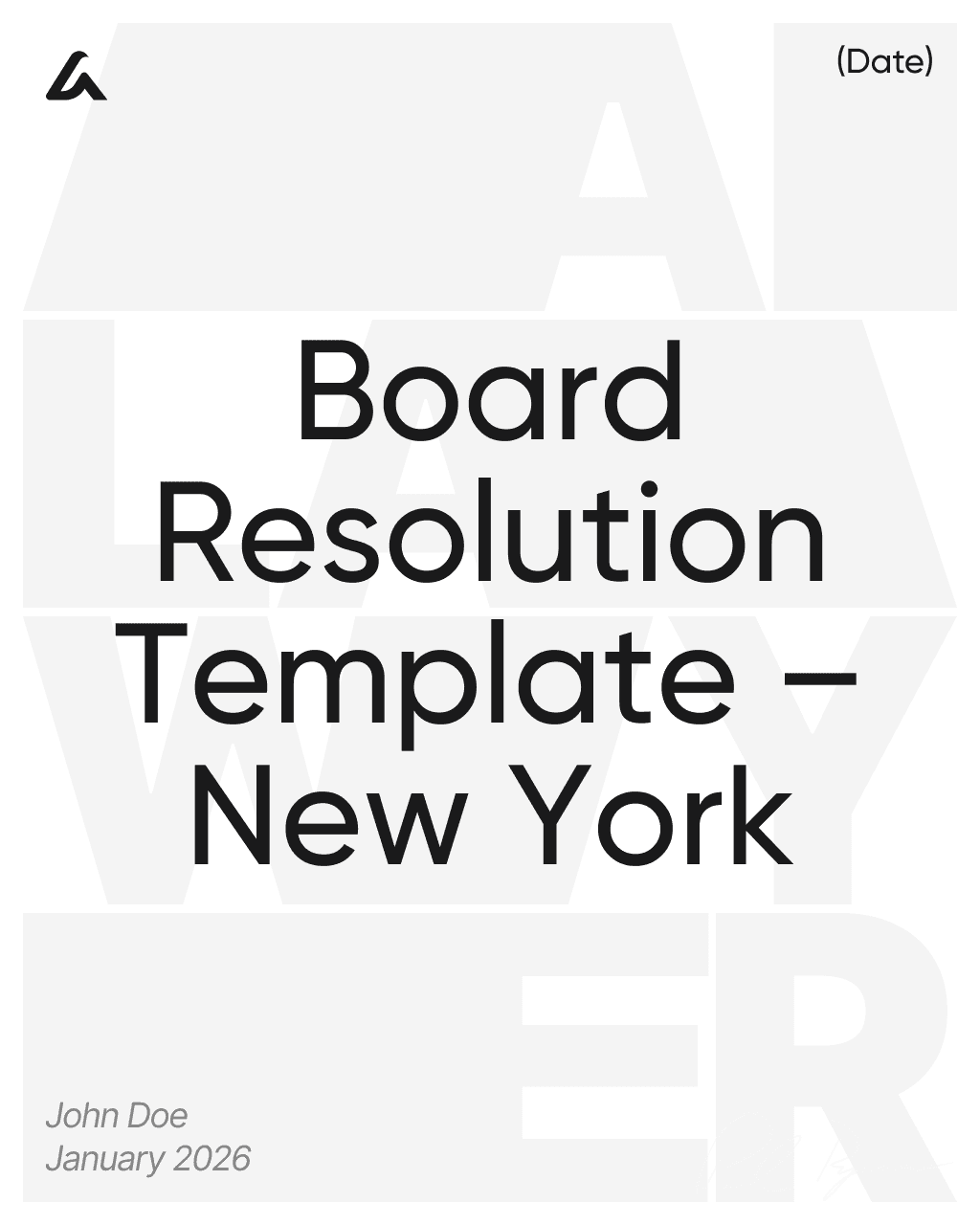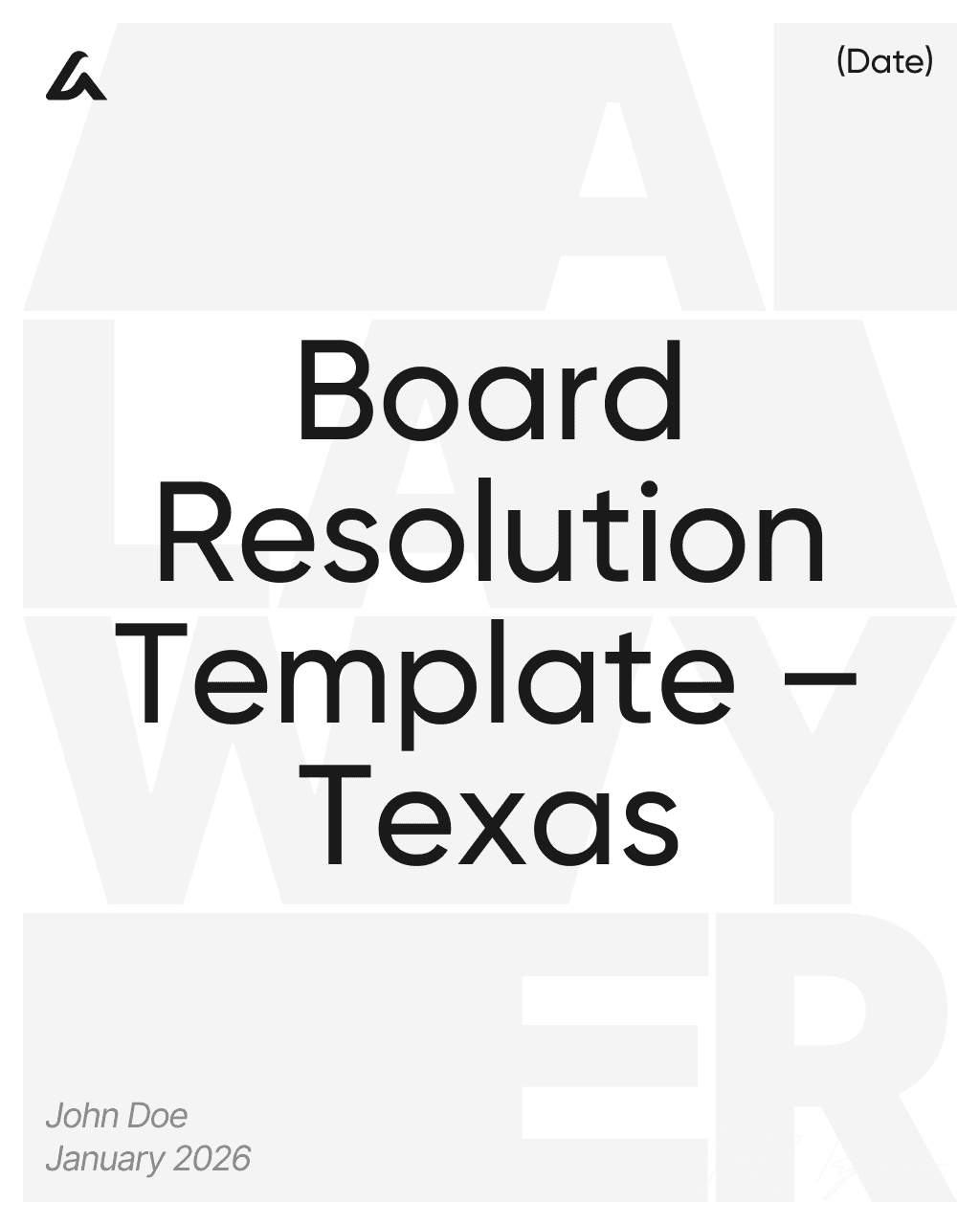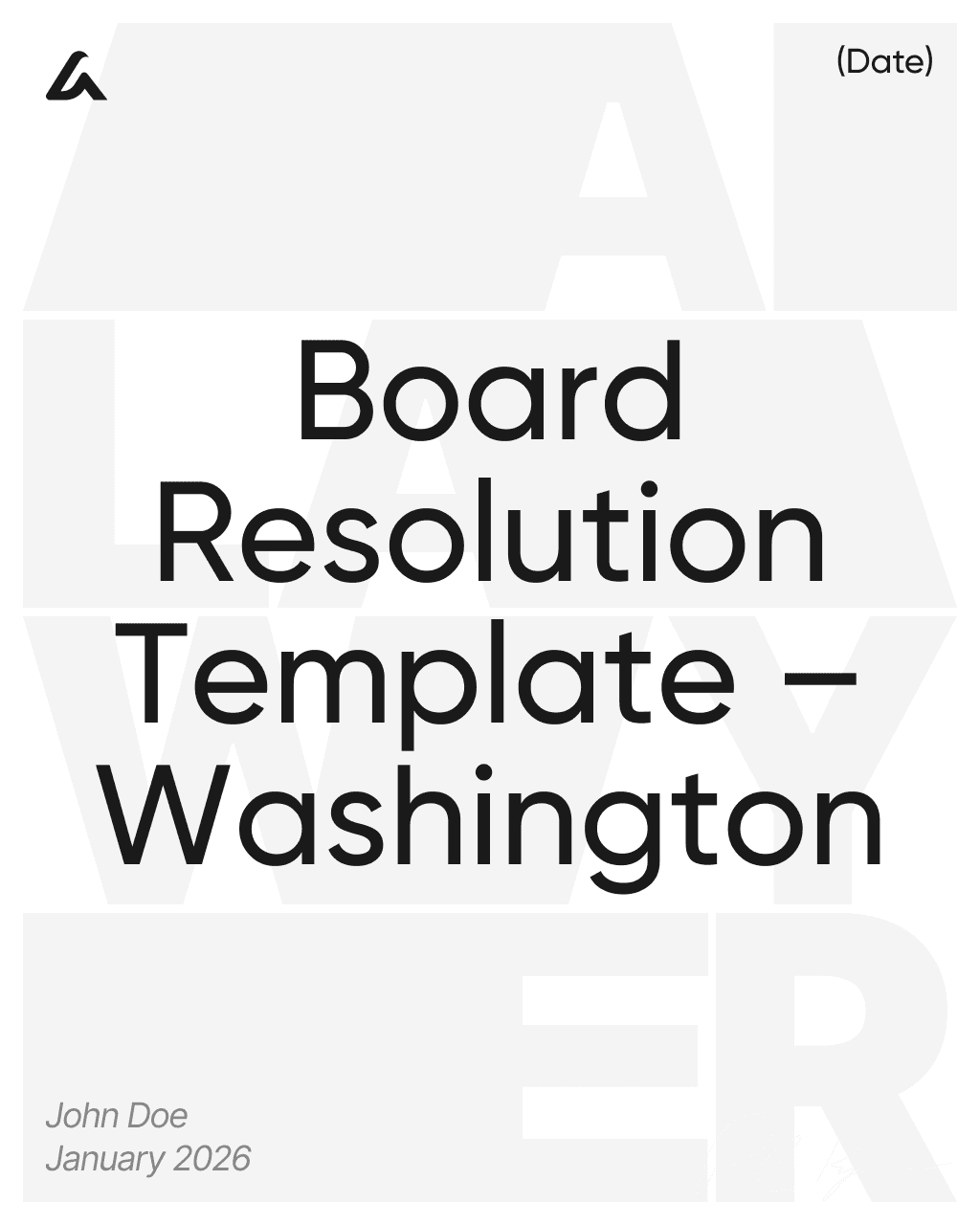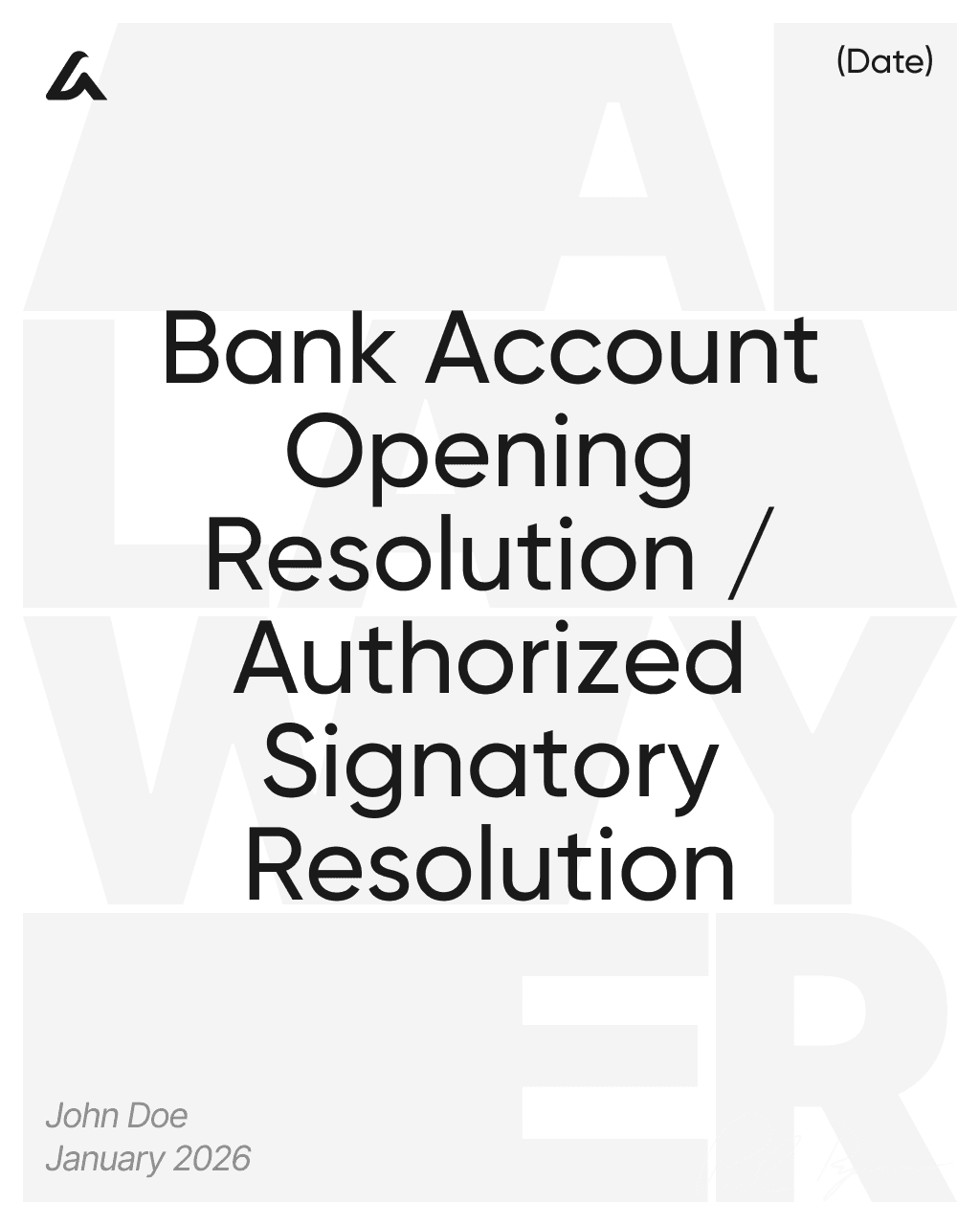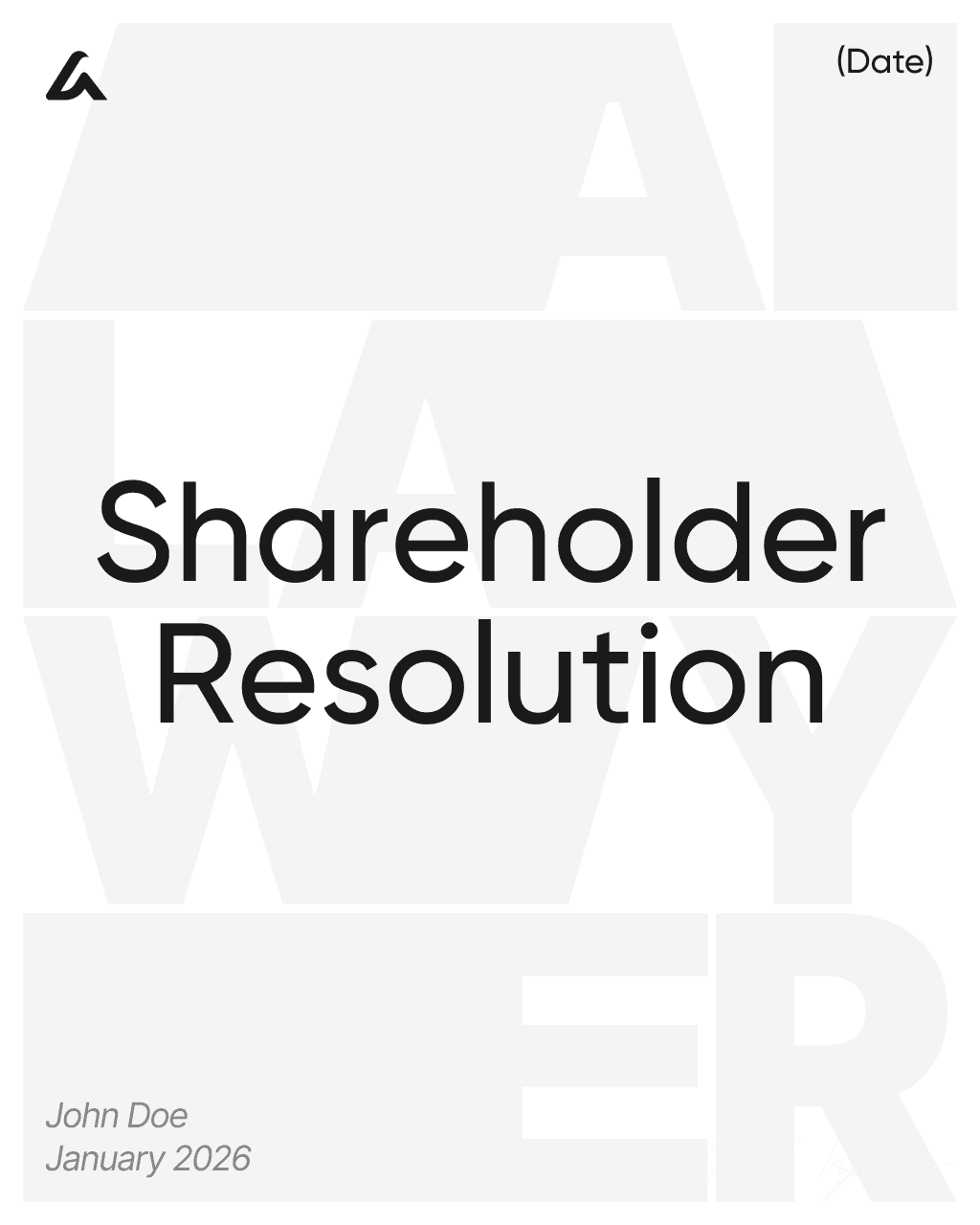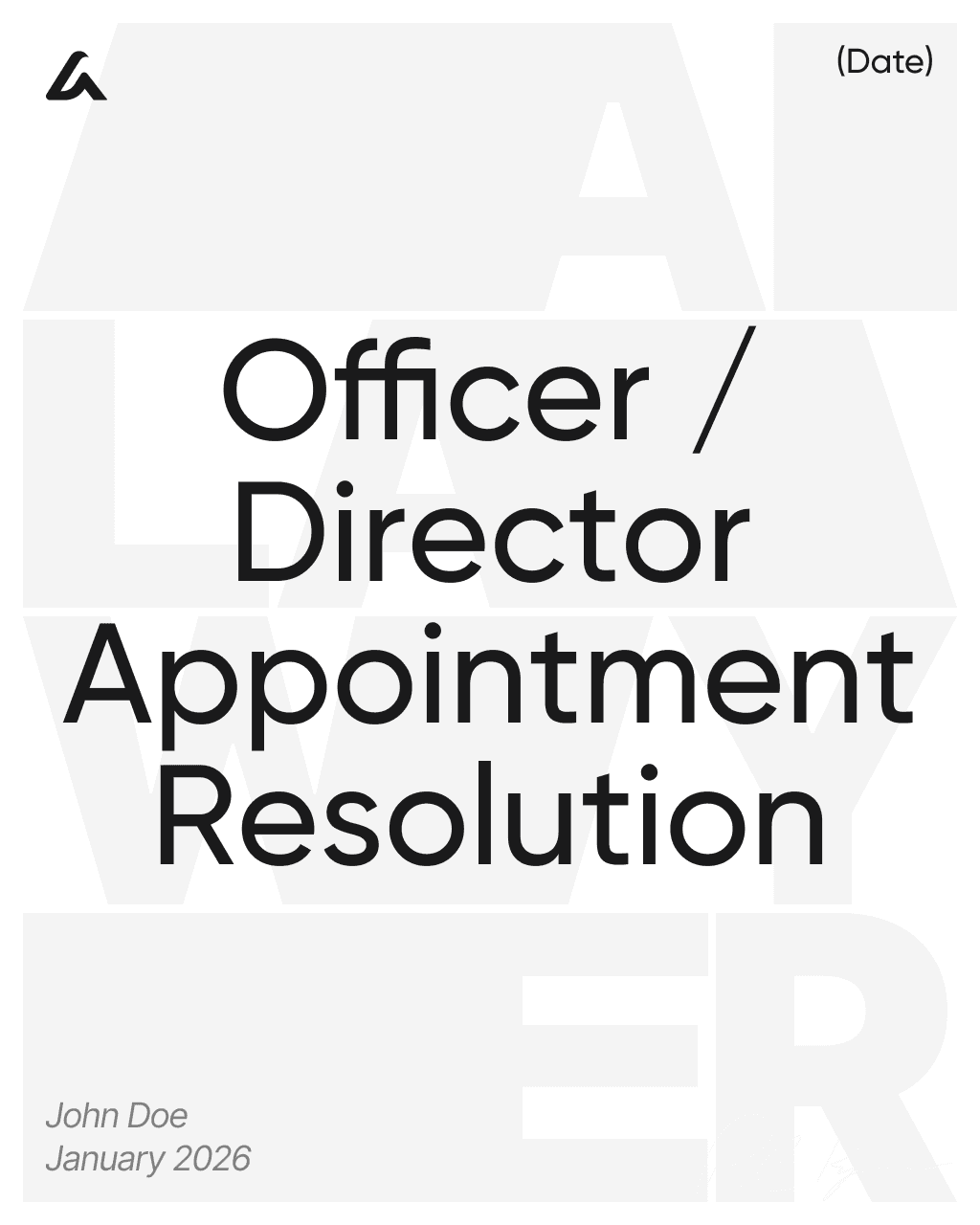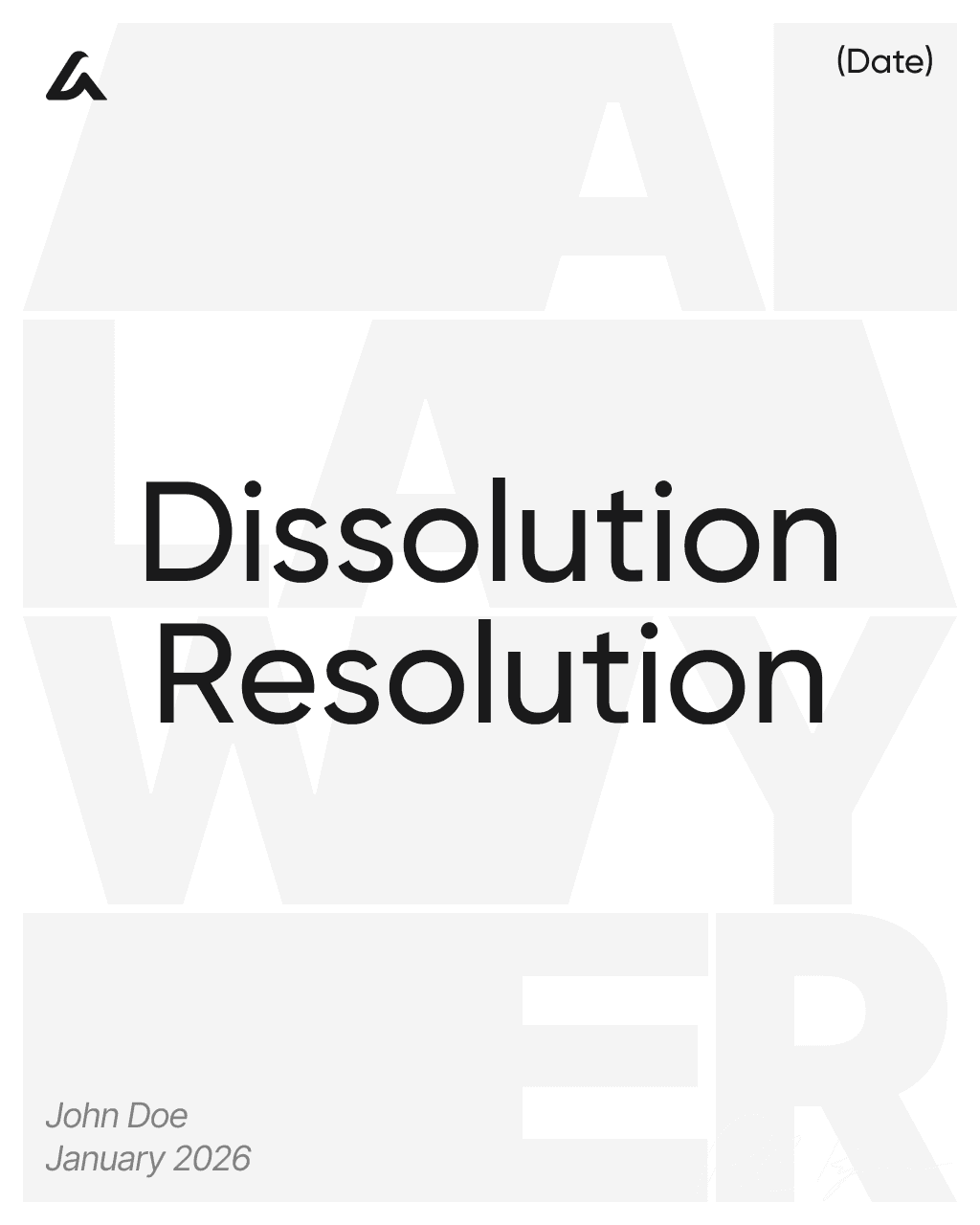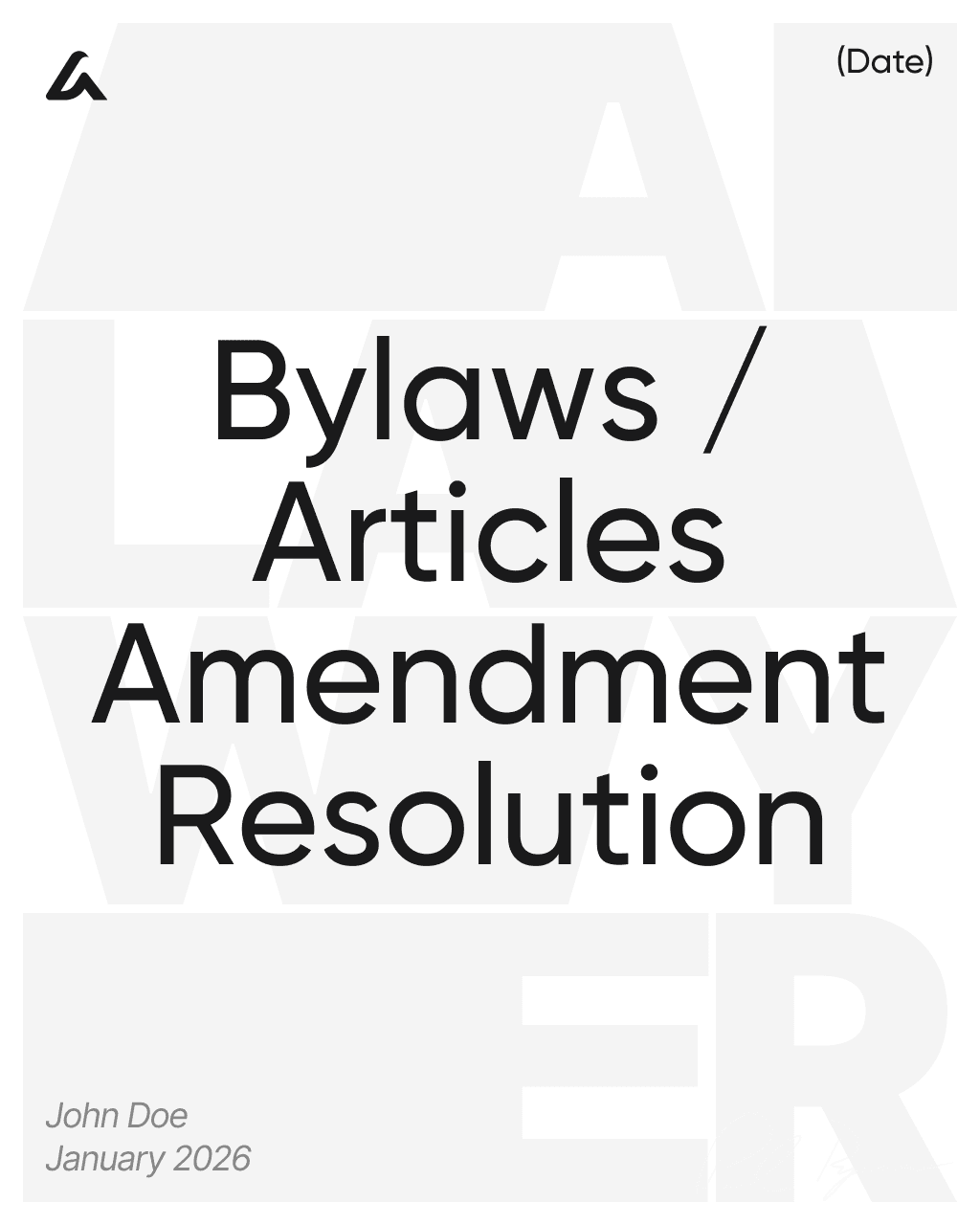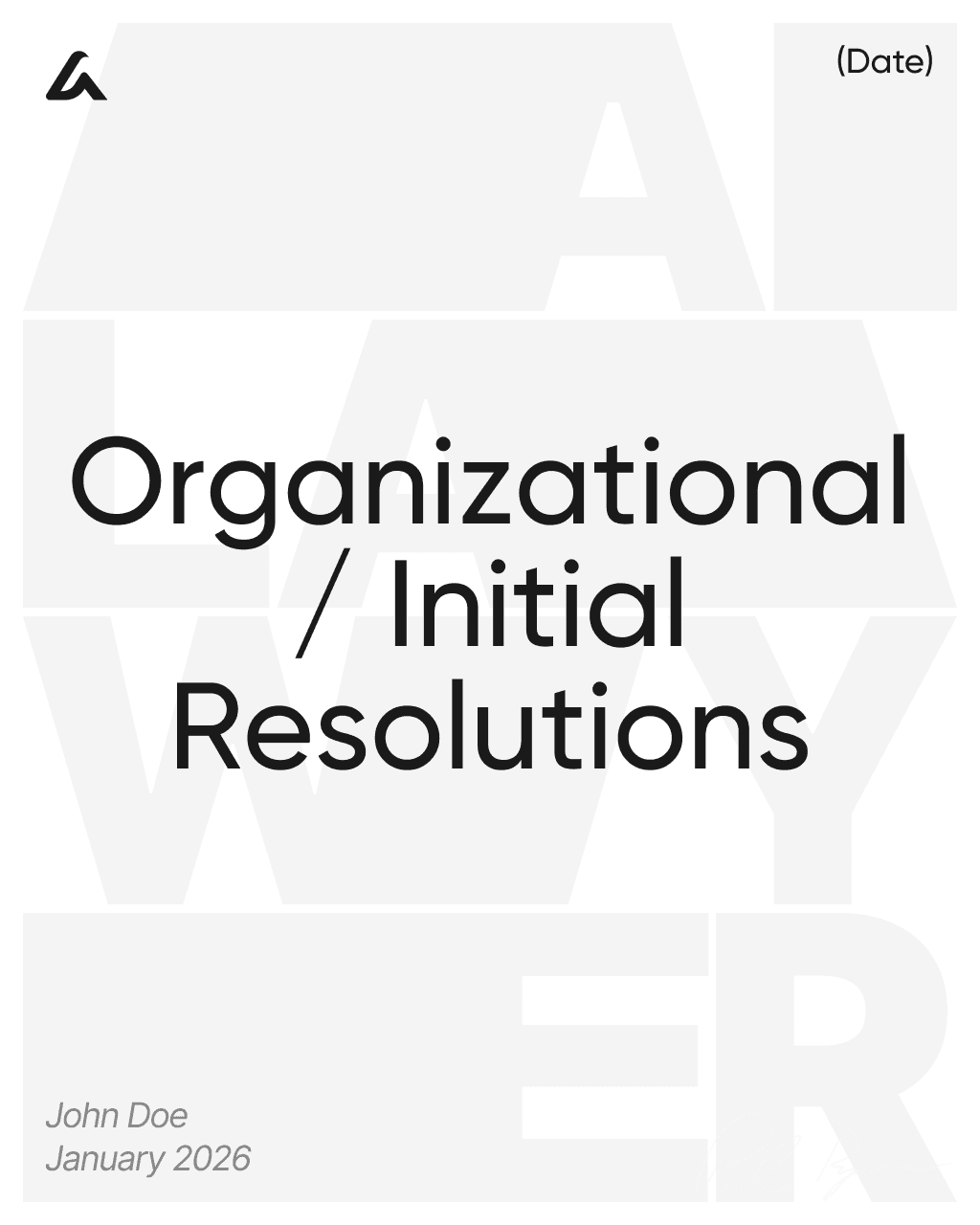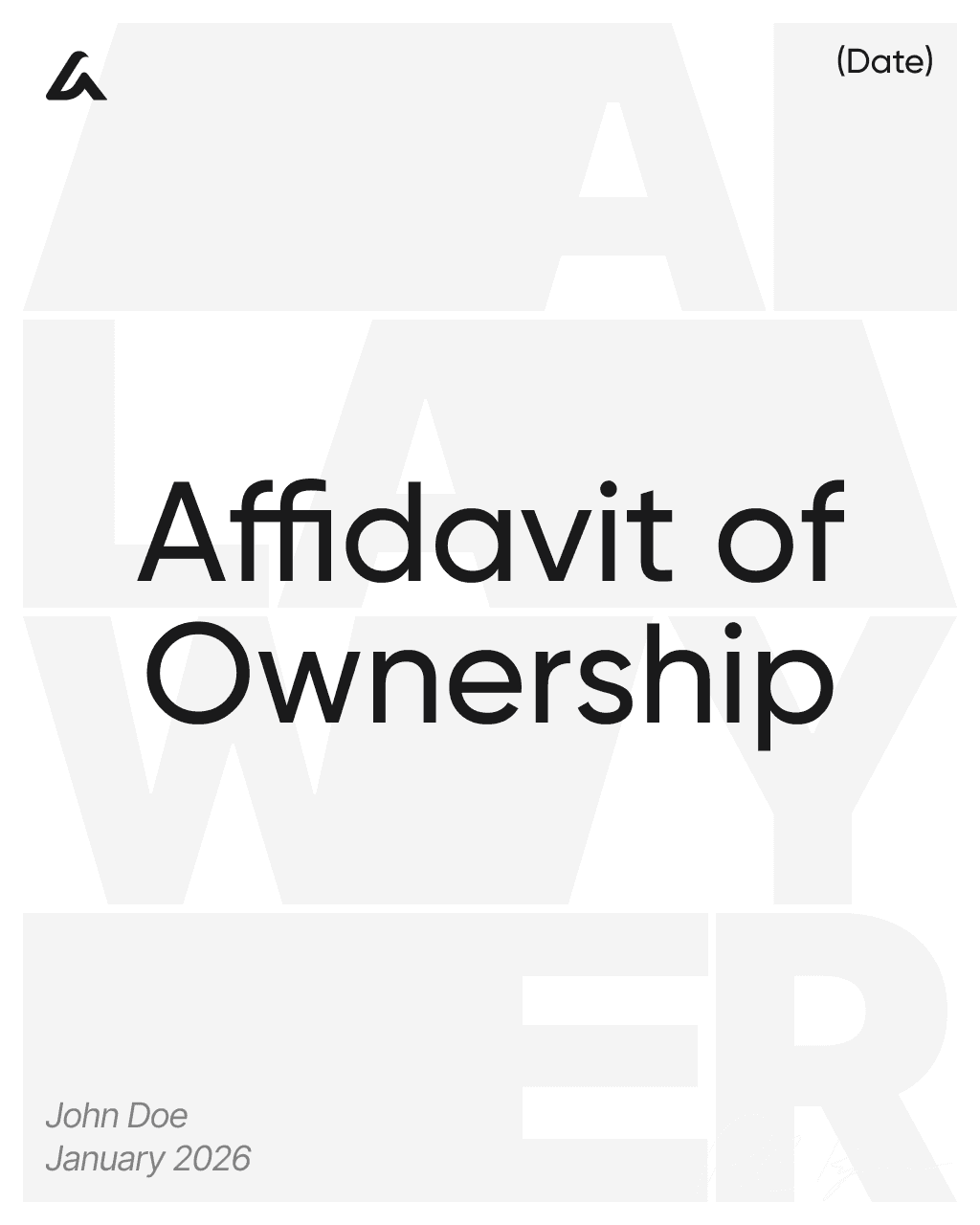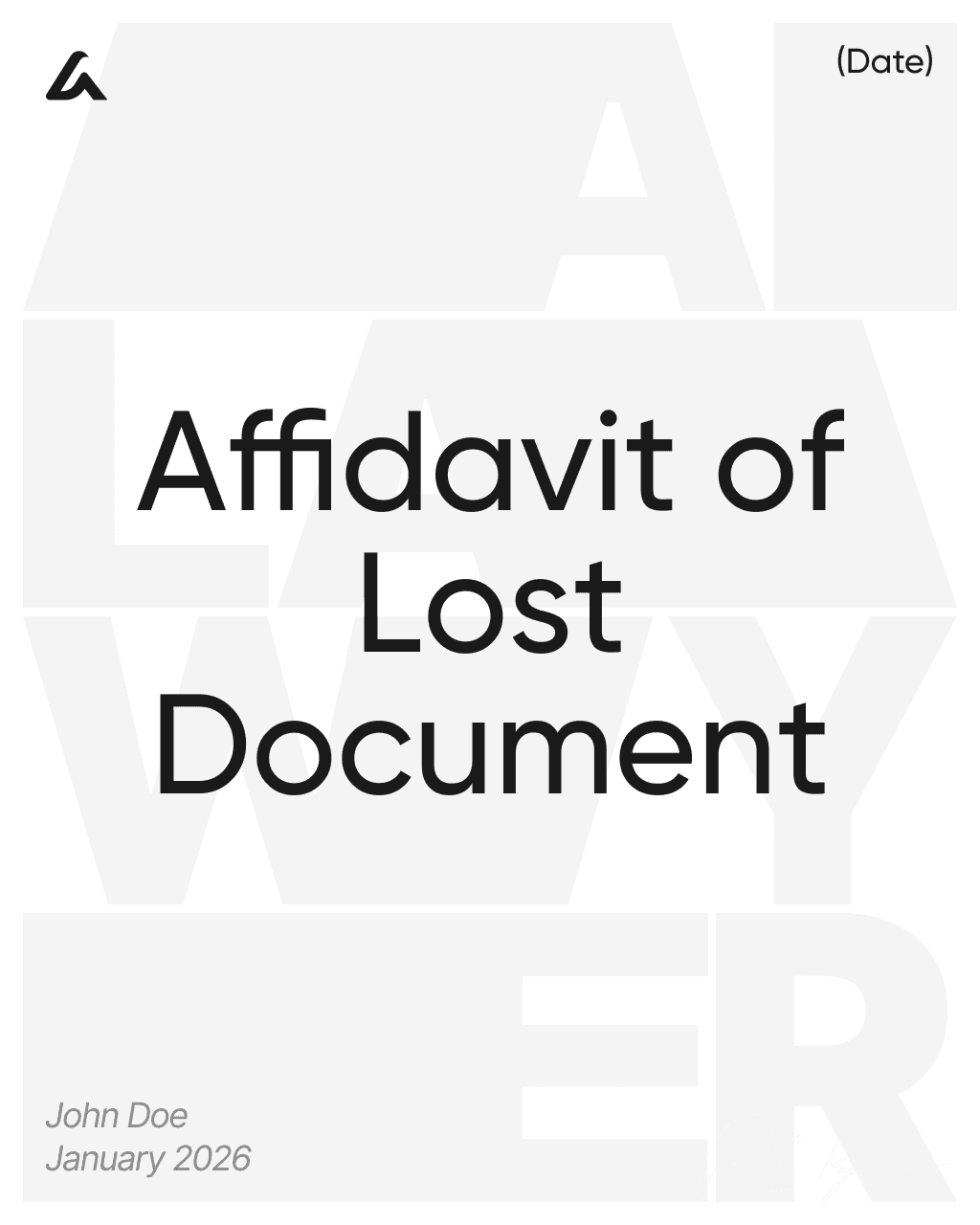Free template
Business Requirements Document Template: Scope, Needs & Approvals
Business Requirements Document Template: Scope, Needs & Approvals
Download template
Business Requirements Document (BRD)
Project/Initiative Name: [Project Name]
Date: [Date of Document]
Prepared by: [Author Name / Department]
1. Introduction
1.1 Purpose
Describe the purpose of the project/solution and how this BRD will guide stakeholders.
1.2 Scope
Define what is in scope (and out of scope) for this initiative.
1.3 Background
Brief background or context (market, customer needs, internal directives, etc.).
2. Stakeholders and Roles
• Project Sponsor: [Name]
• Project Manager: [Name]
• Key Stakeholders: [List Departments/Individuals and their Roles]
3. Business Objectives
List high-level objectives, such as:
• Increase revenue by [X%].
• Reduce operational costs by [Amount or %].
• Improve customer satisfaction metrics.
4. Functional Requirements
Detail the specific features or functions that the solution/product must have.
• Requirement 1: [Description, priority level, acceptance criteria]
• Requirement 2: [Description, priority level, acceptance criteria]
(Add as many as needed.)
5. Non-Functional Requirements
• Performance (speed, response times)
• Security (data protection, compliance)
• Usability (UI/UX standards)
• Reliability (uptime, error tolerance)
6. Assumptions and Constraints
6.1. Assumptions
List any assumptions about resources, timelines, technologies, etc.
6.2. Constraints
Outline external or internal limitations (budget caps, compliance rules, system compatibility).
7. Dependencies and Risks
Identify linked projects, software integrations, or external milestones. Mention known risks (technical, legal, market) and potential mitigation strategies.
Flash deal
Flash deal
Today
Today
No time to fill it up? Generate your custom agreement with AI Lawyer in seconds
What’s Included
Legal Research
Legal Research
Legal Research
Contract Drafting
Contract Drafting
Contract Drafting
Document Review
Document Review
Document Review
Risk Analytics
Risk Analytics
Risk Analytics
Citation Verification
Citation Verification
Citation Verification
Easy-to-understand jargon
Easy-to-understand jargon
Easy-to-understand jargon
Details
Learn more about
Business Requirements Document Template: Scope, Needs & Approvals
Click below for detailed info on the template.
For quick answers, scroll below to see the FAQ.
Click below for detailed info on the template.
For quick answers, scroll below to see the FAQ.
BUSINESS REQUIREMENTS DOCUMENT FAQ
What is a business requirements document (BRD)?
A business requirements document (BRD) is a formal record that defines the objectives, scope, deliverables, and limitations of a project. It acts as a mutual agreement between stakeholders and the project team, ensuring everyone has the same understanding of what will be delivered and how success will be measured.
Why do you need a BRD?
A BRD establishes a shared vision for the project, minimizing misunderstandings and ensuring expectations are clearly set from the start. It provides a reference point for decision-making, helps reduce risks, and serves as a foundation for effective planning, execution, and quality assurance.
When should I use a BRD?
You should use a BRD at the start of any new project, particularly in software development, system implementation, or business process improvement. It is especially important when multiple stakeholders are involved and requirements need to be formally documented and agreed upon before work begins.
How to write a BRD?
Include clearly defined business objectives, a detailed scope statement, functional and non-functional requirements, roles and responsibilities of stakeholders, project timelines, and acceptance criteria. Each requirement should be specific, measurable, and traceable throughout the project’s lifecycle.
Need a structured BRD without starting from scratch?
Generate a complete, customized business requirements document in minutes with our AI-powered BRD creator — tailored to your project, industry, and compliance needs.
Similar templates
Other templates from
Business Document
Money back guarantee
Free trial
Cancel anytime
AI Lawyer protects
your rights and wallet
Money back guarantee
Free trial
Cancel anytime
AI Lawyer protects
your rights and wallet
Money back guarantee
Free trial
Cancel anytime
AI Lawyer protects
your rights and wallet
Money back guarantee
Free trial
Cancel anytime














































